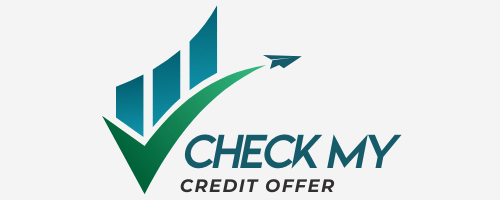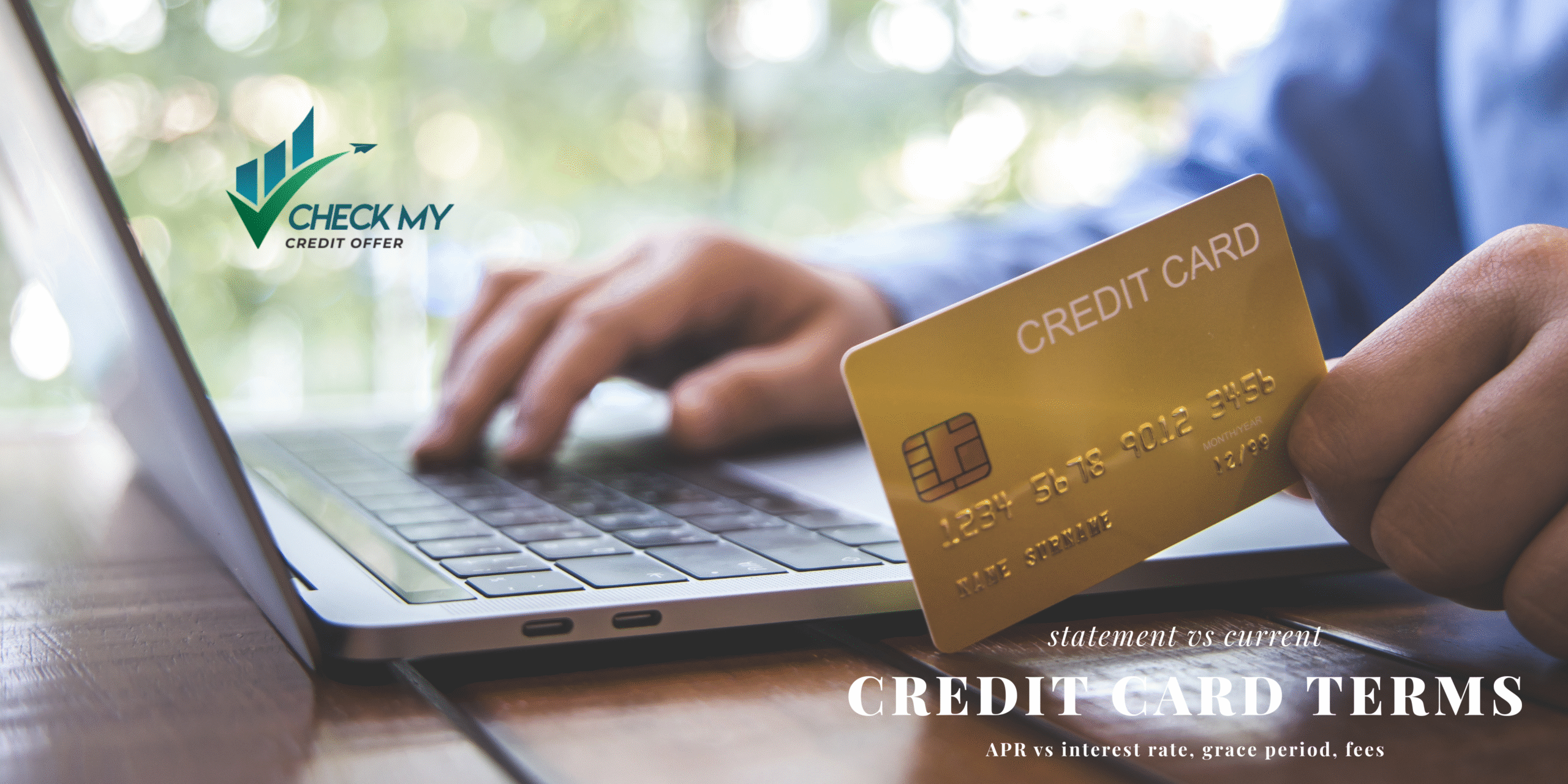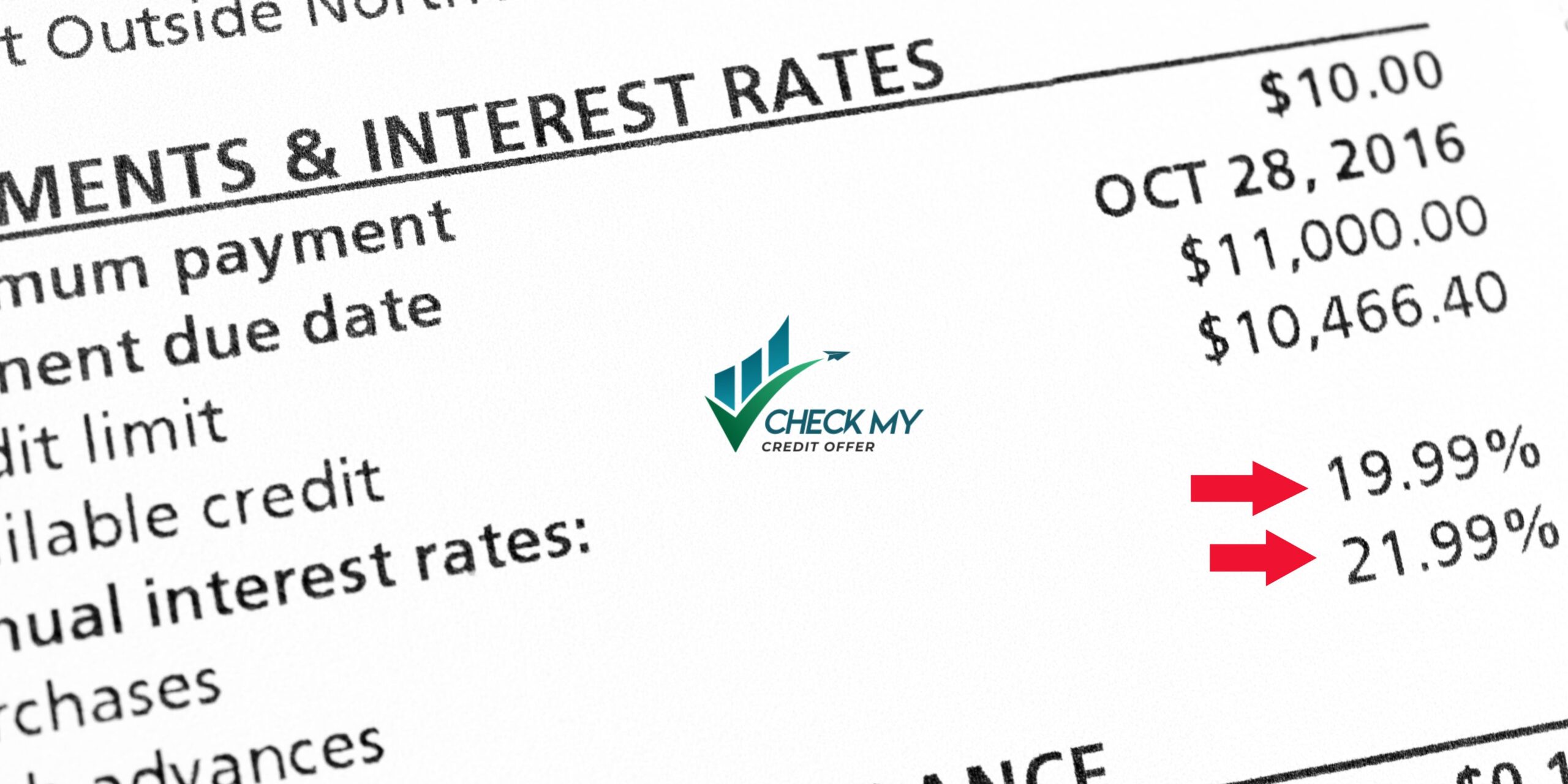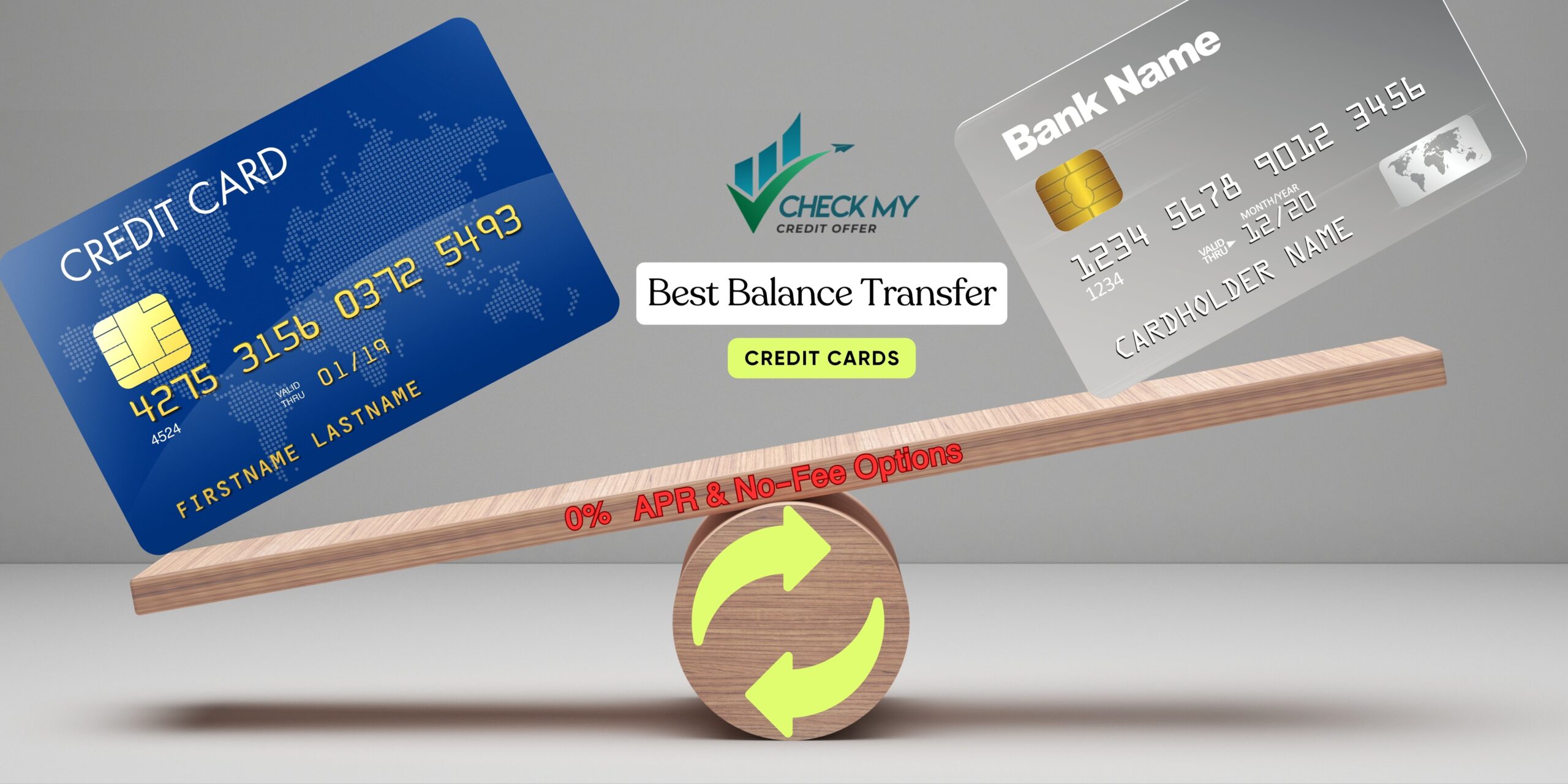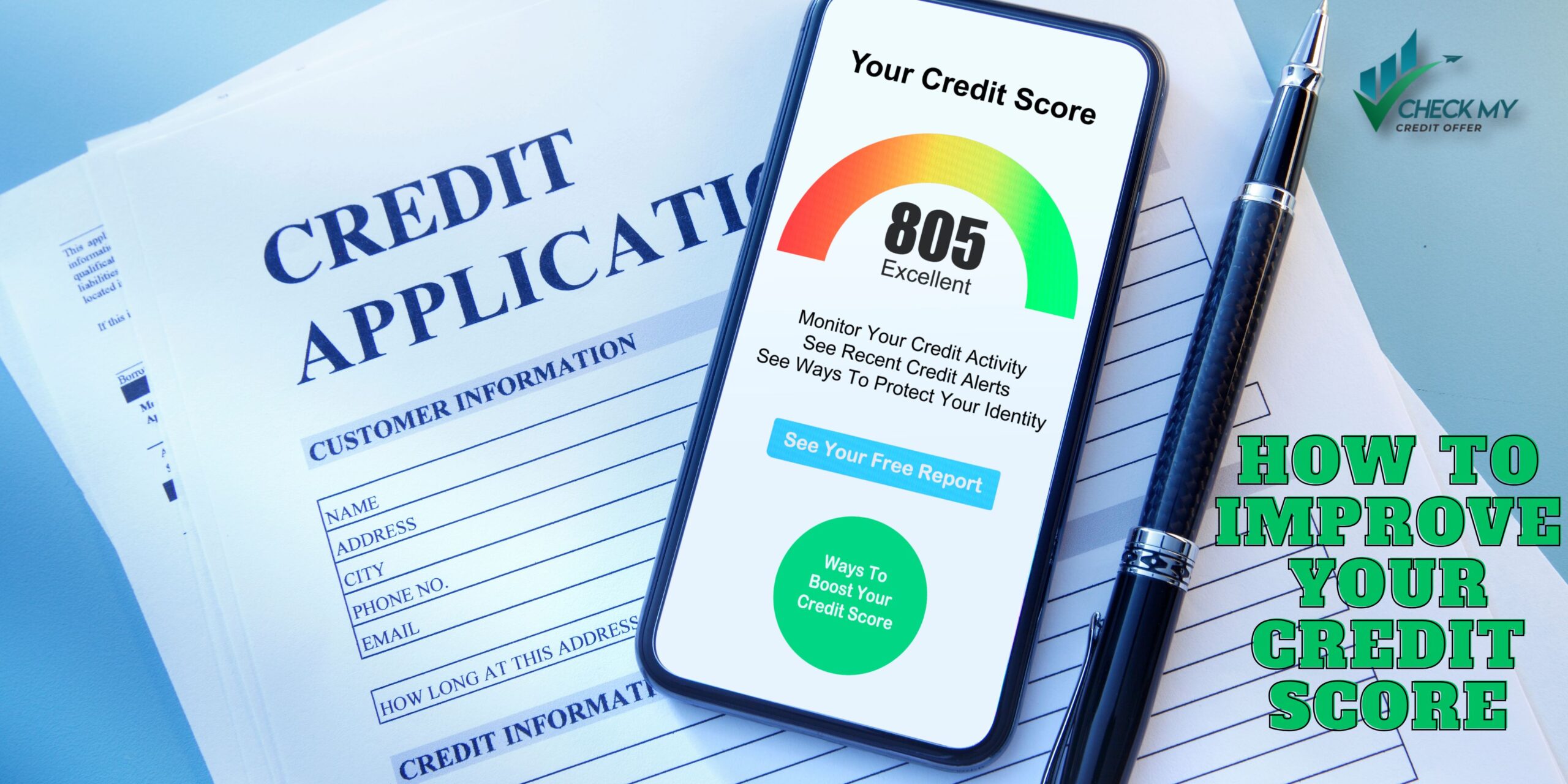Hard Pull vs Soft Pull – What’s the Real Difference?
When applying for a credit card, loan, or even checking your own credit score, you’ve probably come across the terms “hard pull” and “soft pull.” These two types of credit inquiries may sound similar, but they have very different implications for your credit score and financial profile. In this comprehensive guide, we’ll explore the real difference between hard and soft pulls, how each one affects your credit, and how to use that knowledge to your advantage.
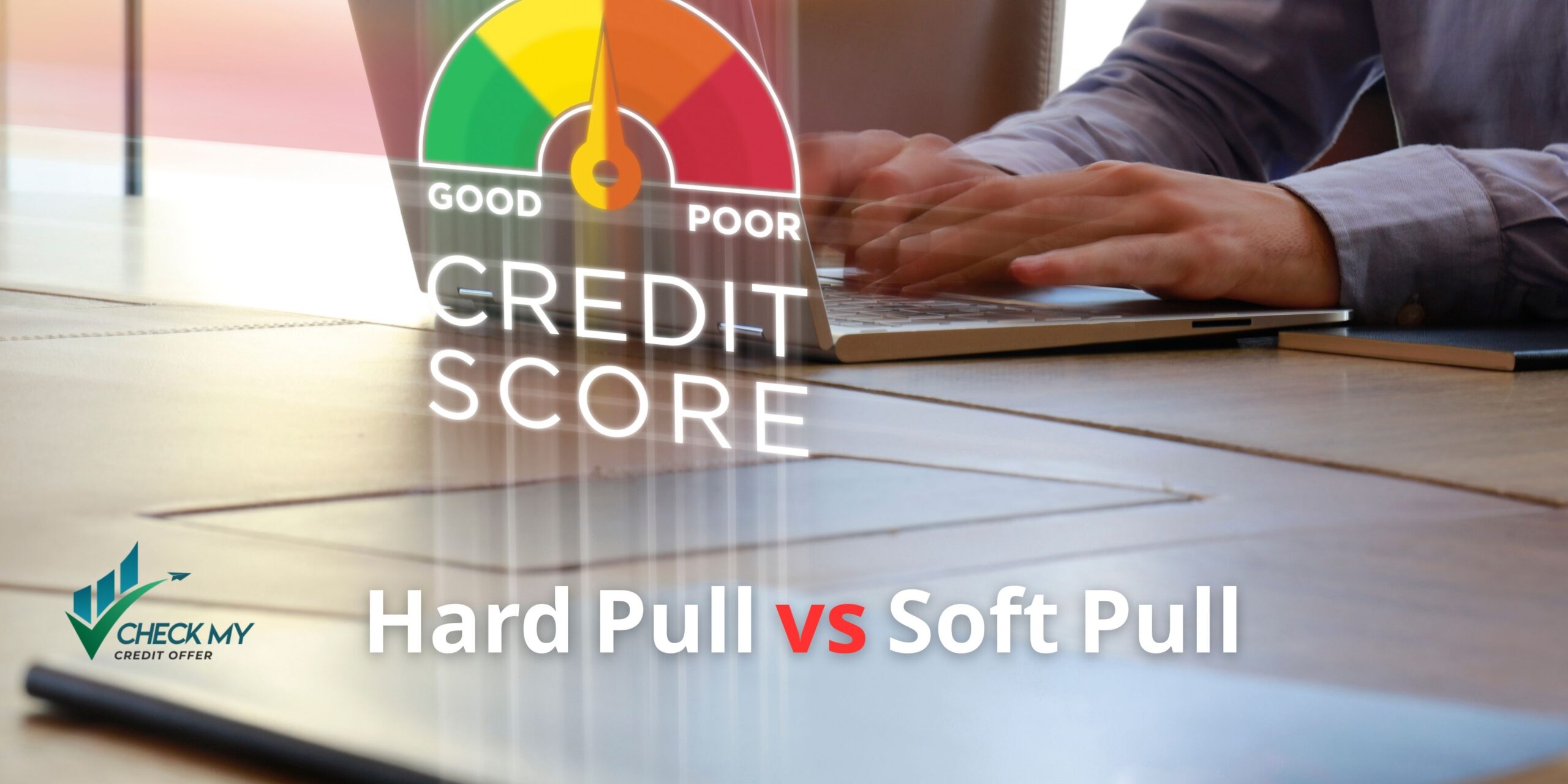
Understanding Credit Inquiries
What Is a Credit Inquiry?
A credit inquiry occurs whenever someone or some business accesses your credit report. You, lenders, landlords, insurers, and potential employers can initiate a credit inquiry. Inquiries are retained on your credit report and are stored as either a hard pull or soft pull depending on their purpose.
Why Lenders Check Your Credit
Borrowers screen your creditworthiness before advancing any form of credit to you. They perform a credit check in order to make an estimate of your chances of repaying the loan. Your payment record, credit history, indebtedness, and general risk profile are all scrutinized. The information is used to make a determination:
- Whether or not to approve a credit
- How much interest to impose
- How much credit to extend
What Is a Hard Pull
When Does It Happen?
A hard pull, or hard inquiry, usually happens when you are applying for a financial product. Here are some examples:
- Credit card applications
- Personal loans
- Auto loans
- Mortgages
- Some rental agreements
A hard pull, in a way, is a direct effect of applying for new credit.
How It Affects Your Credit Score
It will temporarily lower your credit score, typically by 5 to 10 points. The impact varies based on your credit history. If you’ve got a long, positive credit history, the ding won’t be significant. However, if you’ve got a thin file or many recent inquiries, it could hurt. Multiple hard pulls in a short period of time—especially on multiple lines of credit—can signal financial struggle to lenders.
Real-Life Examples of Hard Pulls
- Shelling out an application fee for a Chase Freedom credit card
- Taking out an auto loan at Capital One
- Shelling out an application fee for a mortgage at Wells Fargo
All the above activities trigger a full check of your credit file, thus them being hard pulls.
What Is a Soft Pull?
Some of the most frequent uses of soft inquiries
A soft inquiry, or soft pull, doesn’t impact your credit score. These checks can occur without your permission and are often used for:
- Pre-approval offers (e.g., “You’re pre-approved for Discover it® Cash Back”)
- Employment background checks
- Checking your own credit score
- Account reviews by existing creditors
Does It Impact Your Credit?
No. Soft pulls never appear on the copy of your credit report that lenders see, and they do not affect your credit score. You might notice them in your own report, but you can’t harm yourself.
Examples of Soft Pulls in Real Life
- Receiving a mail offer from American Express with an RSVP code (link)
- Checking to see if you’re pre-qualified for Capital One (link)
- Verifying your own credit score on a site such as Credit Karma
Hard Pull vs Soft Pull – Key Differences
Impact on Your Credit Score
- Hard Pull: May lower your score in the short term
- Soft Pull: Does not lower score at all
Visibility to Credit Report
- Hard Pull: Lenders can see it and influence approval
- Soft Pull: Only you can see it
Consent Requirements
- Hard Pull: You must give your explicit consent (e.g., you take out a loan)
- Soft Pull: Generally does not require your explicit approval
Having this distinction will save you from losing your scores unfairly when credit shopping.
How to Minimize Credit Score Impact
Practicing Far Enough Apart
Don’t apply for multiple credit cards and loans all at once. Hard checks are tabulated, and too many checks within a short time can look risky to the lender.
Checking Your Credit Often
Use services like AnnualCreditReport.com or your issuer’s app to keep track of your credit. Checking your own report or score is always a soft inquiry.
Selecting Pre-Qualification Tools
You may use pre-qualification tools on most of the major issuer websites prior to applying:
- Discover Pre-Approved Lookup
- Chase Credit Card Offers
- Capital One Pre-Qualification
They allow you to preview potential offers without jeopardizing a hard inquiry.
Hard Pull vs Soft Pull — Complete Comparison
| Aspect | Hard Pull (Hard Inquiry) | Soft Pull (Soft Inquiry) |
|---|---|---|
| Definition | Full check triggered by an actual credit application. | Background/eligibility check not tied to a new account application. |
| Typical Triggers | Credit cards, personal/auto loans, mortgages, some rentals. | Pre-approvals, employment screens, account reviews, checking your own score. |
| Impact on Score | Yes — often a small, short-term drop (commonly ~5–10 points). | No — does not affect your score. |
| Who Can See It | Appears to lenders and can influence approval terms. | Only visible to you on your consumer report copy. |
| Consent | Explicit consent required (you submit an application). | Often no explicit consent (e.g., promotional checks); your own checks are soft. |
| How Long It Stays | Up to 2 years on report; score impact typically ~12 months. | May appear only on your copy; no scoring impact. |
| Rate Shopping | Multiple inquiries for the same loan type in a short window are often treated as one by many models. | Not applicable. |
| Common Examples | Apply for Chase/Amex card, Capital One auto loan, Wells Fargo mortgage. | Mail pre-approval from Amex (RSVP), Capital One pre-qualification, checking score on Credit Karma. |
| Best Use | Apply only when ready; space out applications. | Shop and compare offers without risking your score. |
| Pro Tip | Keep utilization low and avoid clusters of applications. | Use issuer pre-qualification tools first; your own checks are always soft. |
U.S. Quick Facts & Protections
| Free Credit Reports | Get reports from Equifax, Experian, and TransUnion at AnnualCreditReport.com. |
| Credit Freeze | Free to place/lift; does not affect your score; use a temporary lift when applying. |
| Dispute Timeline (FCRA) | Bureaus generally investigate within about 30 days (can extend in limited cases). |
| Pre-Qualification | Issuer tools (Discover, Chase, Capital One) use soft pulls so you can compare safely. |
| Rate Shopping Window | Multiple inquiries for the same loan type within a short period are often treated as a single event by many scoring models. |
Frequently Asked Questions about Credit Inquiries
Does multiple pre-approval searches hurt my score?
No. Pre-approvals are soft pulls, and they don’t affect your score at all. You can compare multiple offers without a problem.
Can I get denied after a pre-approval?
Yes. Pre-approval is not binding. If something happens with your finances, or the hard pull shows something you didn’t see coming, you can still get denied.
How long will a hard pull stay on my credit report?
Hard pulls stay on your report for two years but affect your score for only the first 12 months.
Is pre-qualification the same as pre-approval?
No. Pre-qualification is a soft pull and less strict, whereas pre-approval can involve more pulls and stricter terms.
Can I entirely avoid hard pulls?
Not if you’re doing a new account application. All actual applications are a hard pull. However, you can manage them by pre-qualifying and researching upfront.
How many too many hard inquiries are?
Typically, a four or five in a brief time frame (within 6 months) will start looking risky to lenders.
Will my score rebound after a hard inquiry?
Yes, typically 3 to 6 months—if you maintain low balances and pay on time.
Conclusion – Stay Informed, Stay Protected
Understanding hard and soft pulls is useful to anyone who manages credit. Whether applying for a new card or just checking out your score, knowing how your behavior will impact your report can spare you unnecessary delays.
Whenever possible, start with a soft pull through pre-qualification resources, and reserve the hard pull until you’re ready. Leverage your knowledge, manage your credit responsibly ahead of time, and don’t apply for so many financial products
CTA: Ready to make smart money decisions? Take a look at the tools provided by responsible issuers like Discover, American Express, and Chase and review your offers without damaging your score.
Hard Pull vs Soft Pull — Final Takeaways (U.S.)
In one line: when you see Hard Pull vs Soft Pull, remember—soft checks never impact your score or approval terms, while hard checks can cause a small, short-term dip and are visible to lenders.
- Start soft: use issuer pre-qualification tools and your bank’s app to check offers and eligibility without a hard inquiry.
- Time rate-shopping: for auto/mortgage/student loans, group applications within a short window so multiple pulls are treated like one by many models.
- Cards are different: every new credit card application generally means a hard pull—apply only when you’re ready.
- Monitor for free: review your reports regularly at AnnualCreditReport.com to catch errors and unauthorized pulls early.
- Freeze when needed: a free credit freeze helps prevent new-account fraud and doesn’t affect your score; temporarily lift it when you apply.
- Ask before you apply: which bureau and score model will be pulled? Knowing this helps you plan (and lift the correct freeze).
- Dispute unauthorized hards: if you don’t recognize a hard inquiry, file a dispute—unapproved pulls shouldn’t stay on your report.
Use these steps to control outcomes, not guess them. Understanding Hard Pull vs Soft Pull lets you compare confidently, protect your score, and move forward with better rates.
